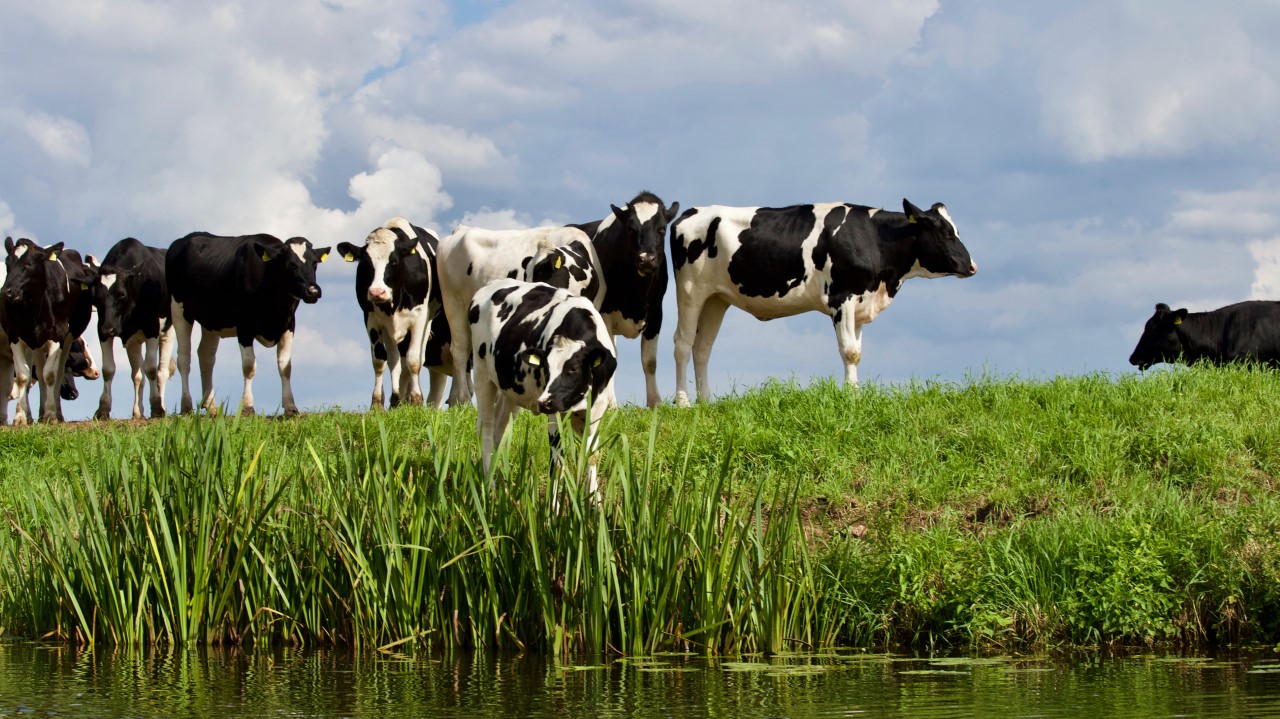



The PFLA celebrates 10 years of advocacy
The Pasture-Fed Livestock Association (PFLA), a strong and diverse community of farmers, butchers, conservationists, academics and consumers, which champions the regenerative role of ruminant grazing animals and the grazed pastures that evolved alongside them, was ten years old on Sunday 21 March 2021.The membership organisation was incorporated as a Community Interest Company (CIC) in March 2011, a year after the four founder members, including three livestock farmers, met to discuss the potential for 100% pasture-fed farming systems in the UK.

To observe this landmark, the PFLA directors have conferred Honorary Life Membership to the members of the Certification Standards Committee. They have been responsible for devising, developing and updating the rules for how certified 100% pasture-fed livestock farmers manage their animals. These include high animal welfare principles, the feeding of a natural forage diet with no corn or grain ever, and practices that encourage the formation of wildlife-friendly farms.
Chairman of the Committee is Devon-based animal welfare specialist Anna Heaton. She has worked with PFLA founder member John Turner, a farmer from Lincolnshire and dairy farming adviser Mike Thame on the certification standards since they were first established in 2011. These are continually being reviewed with three updates published since the start. The team consults widely and the revised versions take into account comments from within the membership and the wider industry.
“The certification standards are at the very heart of the PFLA – outlining a very distinct method of animal farming which is sustainable and environmentally friendly, yet also producing high quality, healthy meat and milk,” says PFLA chairman Fidelity Weston.
“The certification team has worked tirelessly and voluntarily to produce and maintain a set of standards we are proud of. Our independently audited certified farmer members follow these rules and can use the Pasture for Life rosette when marketing their products. This means consumers can easily recognize that what they are buying comes from truly 100% pasture-fed animals.”


